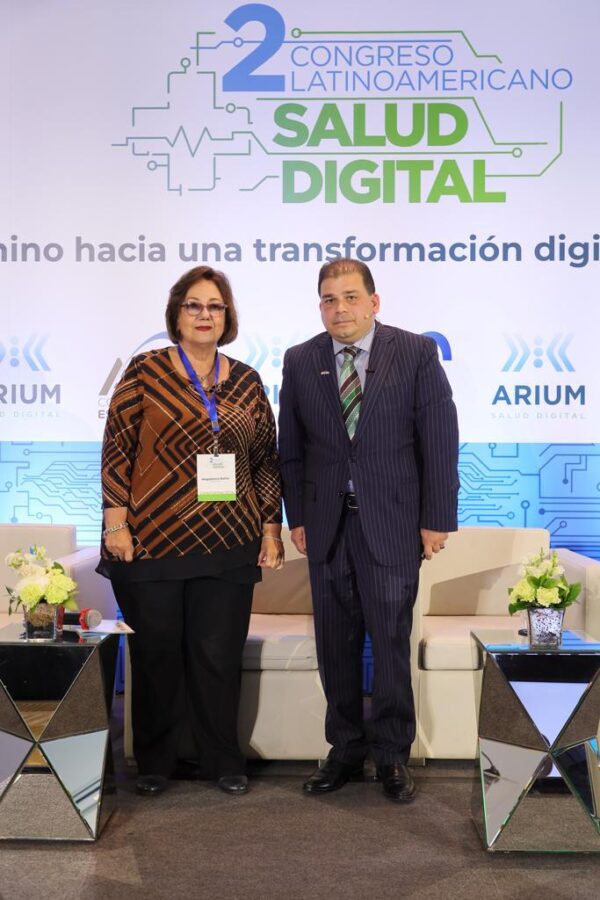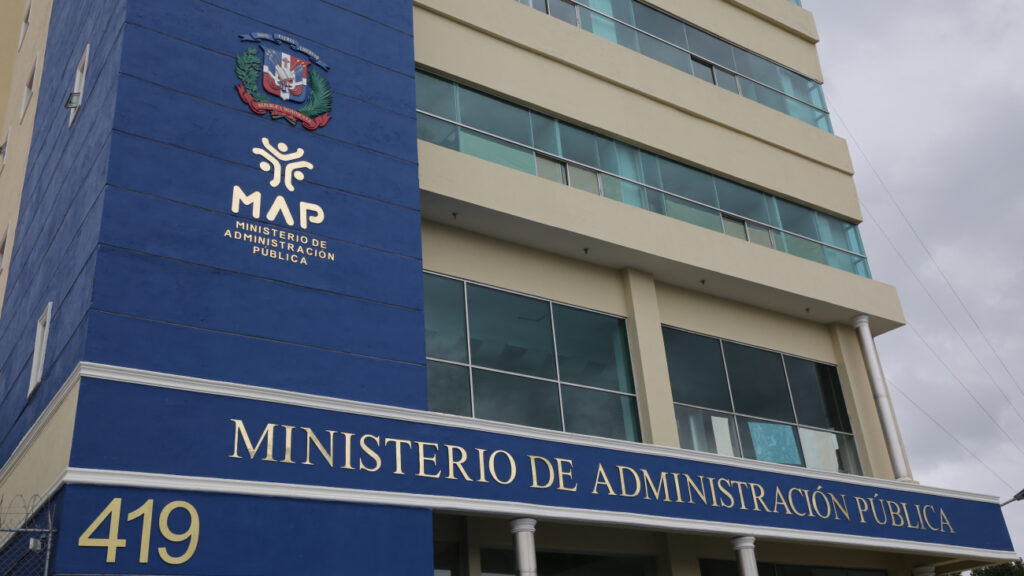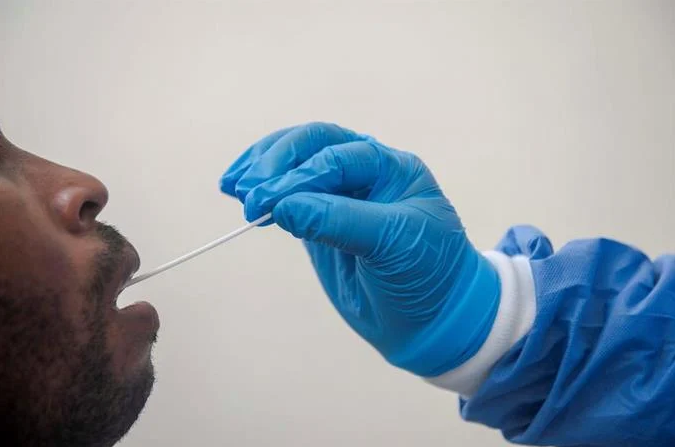Study reveals opportunities for the digital transformation of the Dominican health industry

The first exploratory study on digital transformation of the health sector in the Dominican Republic was presented within the framework of the II Latin American Congress of Digital Health, an event organized by Arium Salud Digital and AF Comunicación Estratégica.
The activity carried out at the Intercontinental Hotel and hosted the minister of the Presidency Lic. Joel Santos at its opening ceremony, with the support of more than 50 companies and institutions, and local and international experts from countries such as Argentina, Costa Rica, Colombia, Guatemala, United States, Mexico and Puerto Rico.
The study “The State of Digital Health in the Dominican Republic” presented as strengths the conceptual framework outlined by the Digital Agenda 2030, political will for the development of public-private partnerships and a private sector with intermediate levels of technological maturity and a vocation for innovation.
The investigation cited as weaknesses the failures of the health system, governance and stewardship to lead the process, pending implementation of primary care, the lack of an electronic medical record, telemedicine and a regulatory framework and incentives for digital health. The study also points out that it is important to work on reducing out-of-pocket spending on health services and the high costs of Internet service and other information technologies.
Among the threats to advance in the digital transformation the global instability, barriers for small and medium-sized companies, a lack of consolidated cybersecurity strategies, distrust of some institutions in sharing information and potential dehumanization of medical care are evident.
Related – Digital health transformation reduces friction for better clinical outcomes
The content of the investigative-exploratory work carried out by the Social Security Observatory (OSES) attached to the Technological Institute of Santo Domingo (INTEC), in collaboration with the Plenitud Foundation, was presented by Magdalena Rathe, president and founder of the Plenitud Foundation and technical advisor of the OSES; and Fedor Vidal, CEO of Arium Salud Digital, the company sponsoring the study.

Vidal stressed that the country has a well-structured health cabinet, good infrastructure and access to cell phones, as well as government receptivity, therefore, the conditions are in place to start pilots for the digital transformation of the health sector under a public-private collaborative scheme, taking into account the findings of this study, which serve to learn from the experiences of other countries and design our own critical path that make them more efficient and competitive.
Rathe explained that the study involved hundreds of local and international literature reviews and interviews with the different actors in the digital ecosystem, commenting that it is key to train and update human resources, design strategies against resistance to change, attract international talent and be able to interconnect the healthcare, insurance, pharmaceutical and regulatory services sectors under a patient-centered scheme that fosters transparency, information security and process standardization, promoting the development of a quality culture and informed decision making.
The expert stated that digital health has become a catalyst to transform health systems, favoring accessibility, which is why information technologies are framed in 10 of the 17 Sustainable Development Goals of 2030 of the Nations United and represent a fundamental pillar in the agenda of the World Health Organization (WHO), according to the Global Digital Health Strategy 2020-2025 published by said entity.
Dr. Ariel Mirre González also participated in the elaboration of the study and it intends to be a starting point for the strategic planning of the sector.






